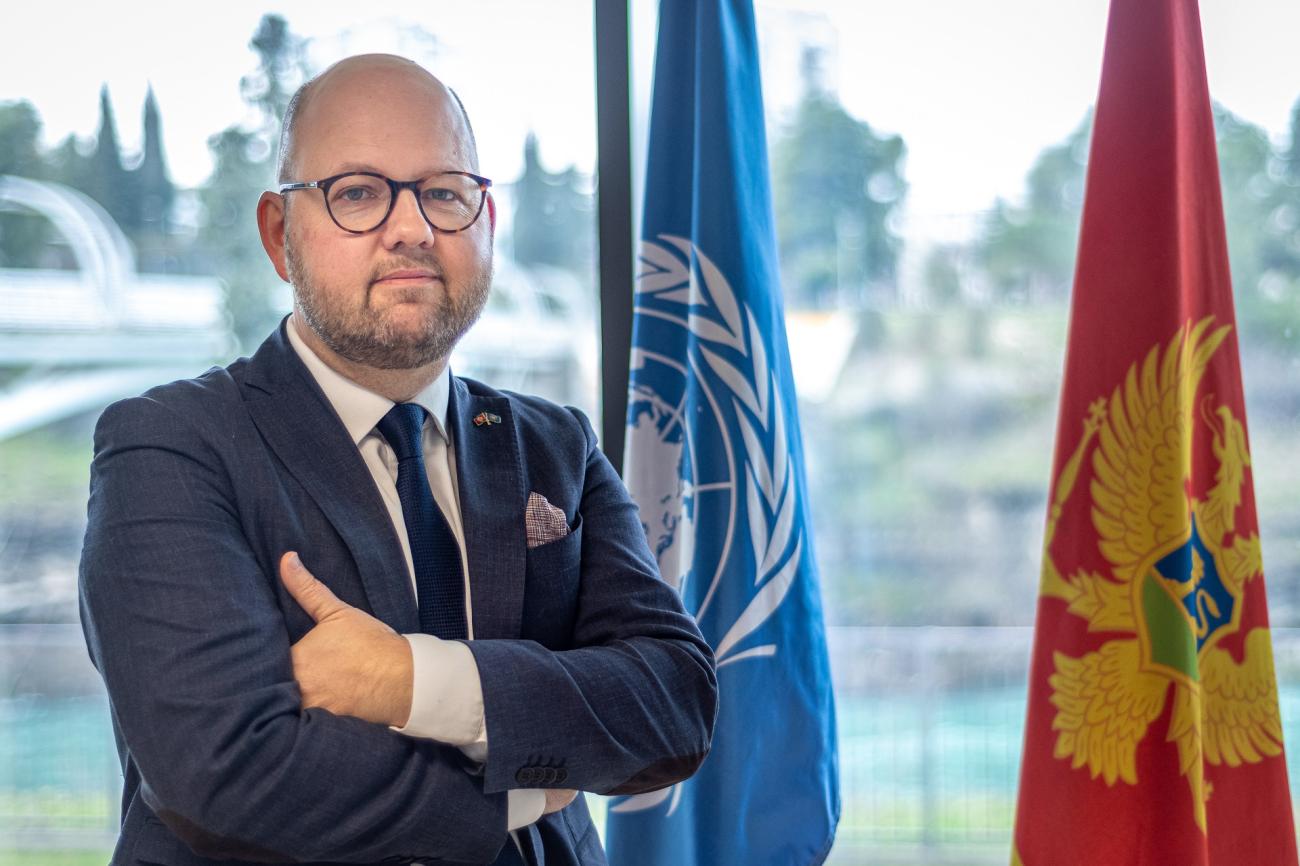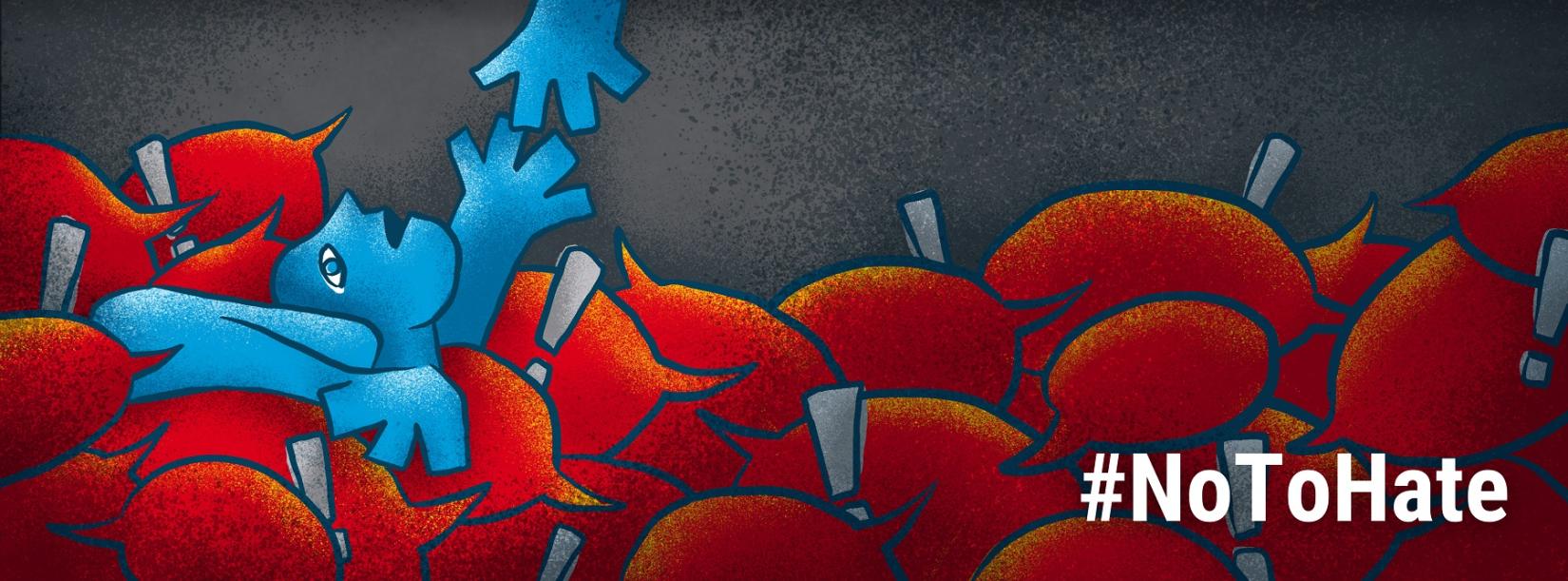Building immunity against the virus of hate

by Peter Lundberg, United Nations Resident Coordinator in Montenegro
Hate speech on the rise
Today is the first time we mark the International Day for Countering Hate Speech. The UN General Assembly designated 18 June as such, after Secretary-general António Guterres raised alarm about the “tsunami of hate and xenophobia, scapegoating, stigmatization and the use of derogatory, misogynistic, racist, xenophobic, Islamophobic or antisemitic language”, that has engulfed the world.
We all witness how powerful the ‘tool’ of hate speech can be to incite discrimination, violence, deepen division and undermine social cohesion within or between societies.
Hate speech usually is an expression of denial. Denial of respect, of inclusion, of diversity. It goes against the very essence of human rights. If left unchecked, it can fuel tensions, social unrest, even start violent conflicts which can lead to grave human rights violations. It is particularly the case when hate speech is instrumentalized by influential people in our societies. Political and religious leaders play a key role in mitigating hate in society, especially among their own constituencies. Leaders who embrace inclusion giving space to all, who truly respect diversity and value differences of opinion will see their societies thrive. But we all have a responsibility to refrain from hate to express oneself. It starts with me and you. We must individually and collectively speak out against hate.
Online media - a megaphone for hate speech or free expression?
The spread of hatred is sadly nothing new, here in Montenegro or elsewhere. The scale and impact nowadays, especially with social media providing a global platform for spreading hate, is growing larger and faster than ever. Online hate speech is produced and distributed easily, at low cost, often anonymously, reaching global audiences in real time. This phenomenon is exposing the fragility of democracies worldwide. It has prompted calls for accountability of these platforms, for moderation and removal of offensive online content. This has raised debate about the boundaries between freedom of expression and censorship.
But countering hate speech does not mean arbitrarily limiting freedom of expression. It means preventing hatred from escalating into something dangerous, particularly incitement to discrimination, hostility, and violence, which – as the International Covenant on Civil and Political Rights says - shall be prohibited in law. The United Nations calls for more speech - not less. Freedom of expression is the norm; limiting it is the exception. But speech must be respectful of the rights and dignity of all, women, men, children, persons with disabilities, elderly, ethnic, religious and sexual minorities, among others. I welcome that Montenegro has taken legal action in cases of incitement to discrimination and violence. Swift action is key in all cases to bring justice to victims and stem further harm in society.
Hate speech and real harm
The weaponization of the public discourse for political gain is also not new. History has shown that hate speech leads to atrocity crimes. The Holocaust did not start with the gas chambers, but with hate speech. These lessons place a heavy responsibility on us all to address hate speech and prevent future harm.
Resilience to hatred
The UN’s Global Strategy and Action Plan on Hate Speech, launched in 2019, calls for a comprehensive approach to tackle the phenomenon. It calls for monitoring and understanding the dynamics of hate speech, for early warning, for support to national legislation to address hate speech. Prevention is a must. There, education is key, for it has the power to transform society and is a tool to address root causes and drivers of hate speech. Through education, we can promote peaceful, inclusive, and just societies for all, in line with the vision of the 2030 Agenda and the Sustainable Development Goals.
Digital and media literacy education is essential for all, and especially young people, to engage with media and other sources of information, instill responsibility and critical thinking when using and analyzing it. Through critical thinking we will reject and build immunity against the virus of hate.
Countering hate speech, no doubt, requires a system-wide response. We need to mobilize societies, and work even across borders.
As our UN Secretary-General said – “Hatred is a danger to everyone – and so fighting it must be a job for everyone.”





